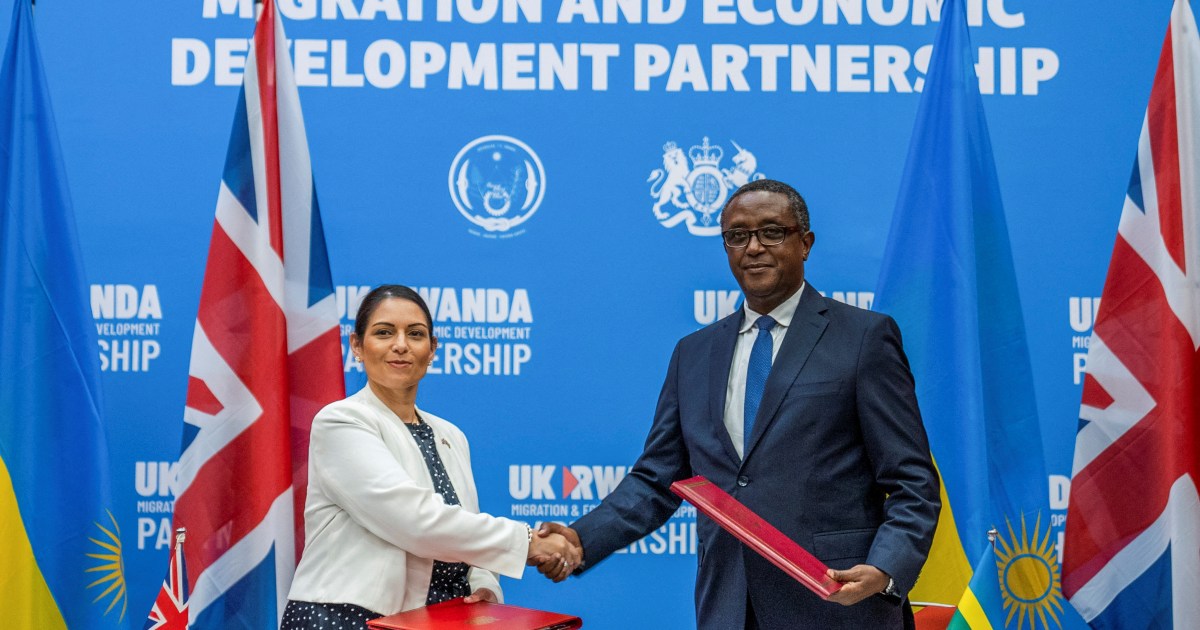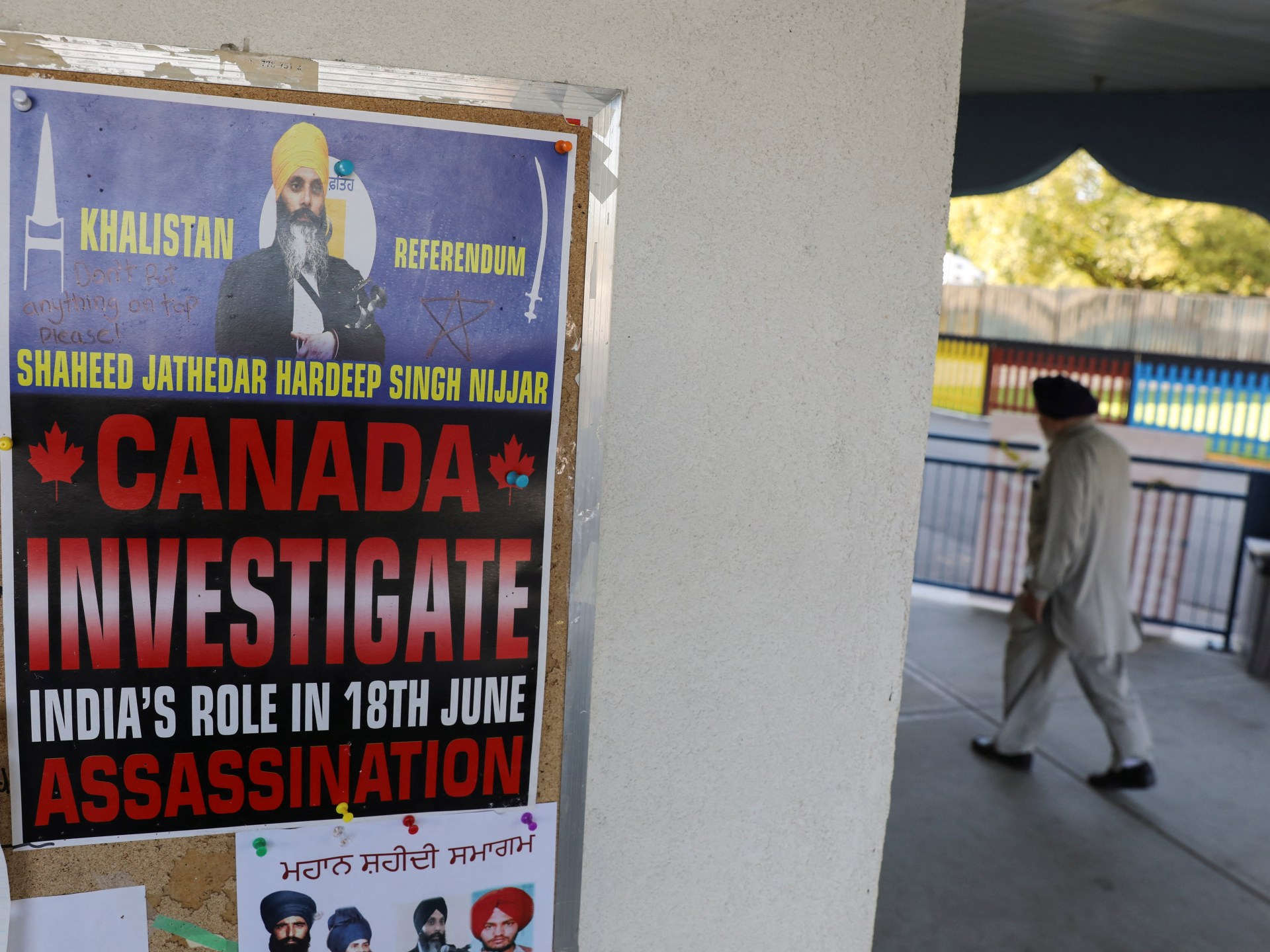Top church cleric criticises UK plan to send migrants to Rwanda
Archbishop of Canterbury Justin Welby says the United Kingdom’s plan to send asylum seekers to Rwanda goes against God.
The Archbishop of Canterbury, the Church of England’s highest cleric, has criticised the British government’s plan to send asylum seekers to Rwanda to process their claims for refuge.
In his Easter Day sermon, Justin Welby added his voice to the widespread criticism the scheme has sparked, saying “subcontracting out our responsibilities, even to a country that seeks to do well, like Rwanda, is the opposite of the nature of God who himself took responsibility for our failures”.
Speaking at Canterbury Cathedral in southeast England, Welby said that while “the details are for politics and politicians, the principle must stand the judgement of God — and it cannot”.
Welby said that sending asylum seekers overseas posed “serious ethical questions”.
Such a move “is the opposite of the nature of God”, the church leader said.
On Tuesday, the United Kingdom and Rwanda announced that they had reached an agreement to send some people who arrive in the UK as stowaways on trucks, or in small boats, to the East African country, where their asylum claims will be processed and, if successful, they will stay.
The deal — for which the UK has paid Rwanda $158m — leaves many questions unanswered, including the final cost and how asylum seekers will be chosen. The UK says children, and families with children, will not be sent to Rwanda.
“Egregious breach of international law”
The scheme has sparked outrage and widespread criticism from refugee and human rights organisations, which called the plan inhumane, unworkable and a waste of taxpayers’ money.
The United Nations High Commissioner for Refugees (UNHCR) condemned the scheme as an “egregious breach of international law” and “contrary to the letter and spirit of the Refugee Convention”.
British Prime Minister Boris Johnson’s Conservative Party government says the plan will discourage people from making dangerous attempts to cross the English Channel, and it will put people-smuggling gangs out of business.
More than 28,000 migrants entered the UK across the Channel last year, up from 8,500 in 2020.
Dozens have died, including 27 people in November when a single boat capsized.
Unveiling the controversial plan last week, Johnson acknowledged there could be legal challenges by what he called “politically motivated lawyers” out to “frustrate the government”.
He also pledged to do “whatever it takes” to ensure the plan works.
Political opponents accuse Johnson of using the headline-grabbing policy to distract attention from his political troubles.
Johnson is resisting calls to resign after being fined by police for attending a party in his office in 2020 that broke his own government’s coronavirus lockdown rules.
The Home Office, which is in charge of implementing the Rwanda transfer policy, said that Britain had settled hundreds of thousands of refugees from around the world. But it argues that Britain’s current system of resettlement is “broken” and pointed to unprecedented global migratory pressures.
Senior civil servants at the Home Office had raised concerns about the policy but were overruled by Home Secretary Priti Patel, who said that it would be “imprudent” to delay a measure that “we believe will reduce illegal migration, save lives, and ultimately break the business model of the smuggling gangs”.
Alf Dubs, a Labour Party member of the House of Lords who came to Britain as a child refugee in 1939, said the plan was likely “a breach of the 1951 Geneva conventions on refugees”.
He said the Lords, the British Parliament’s upper chamber, would challenge the move.




